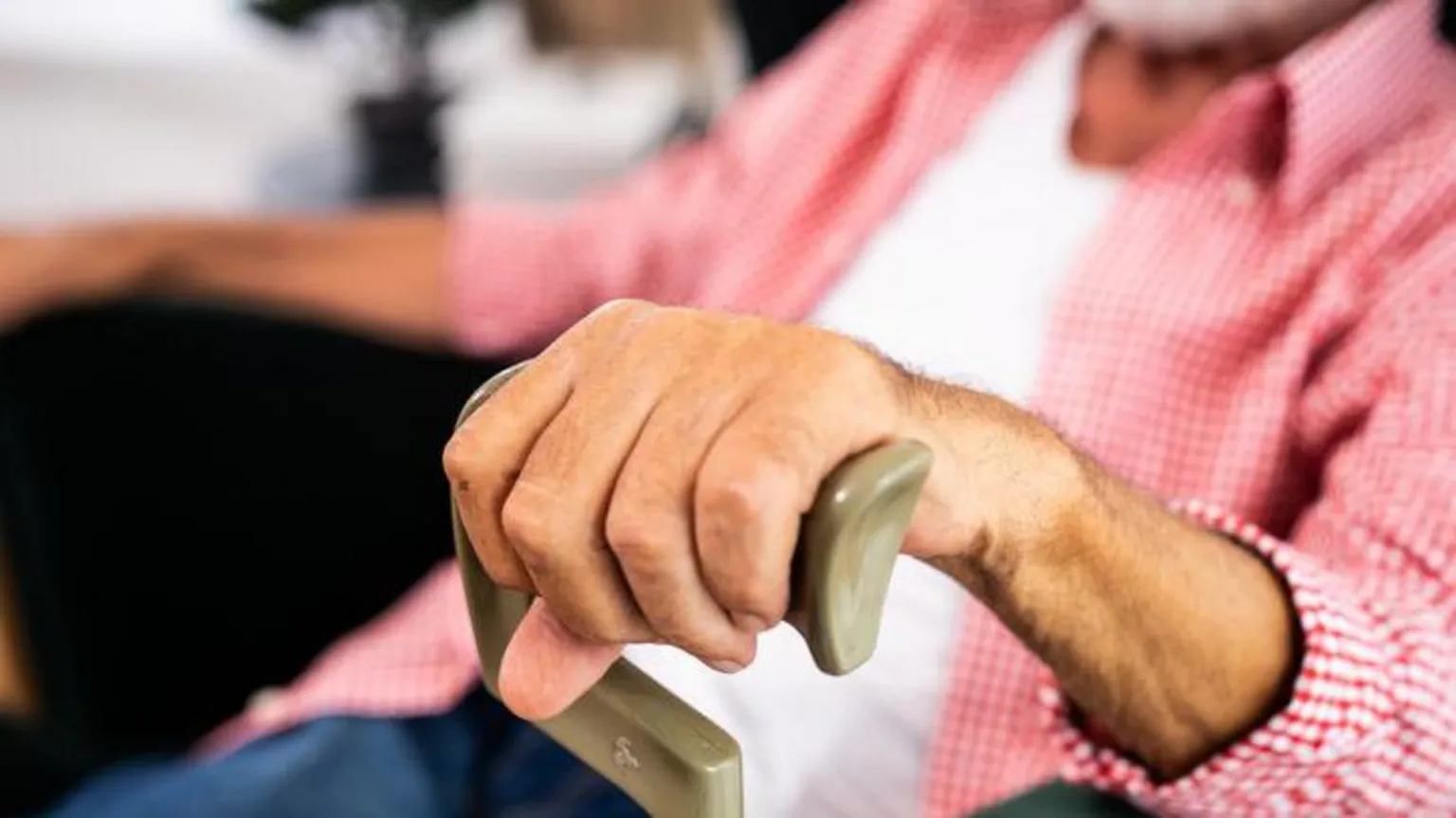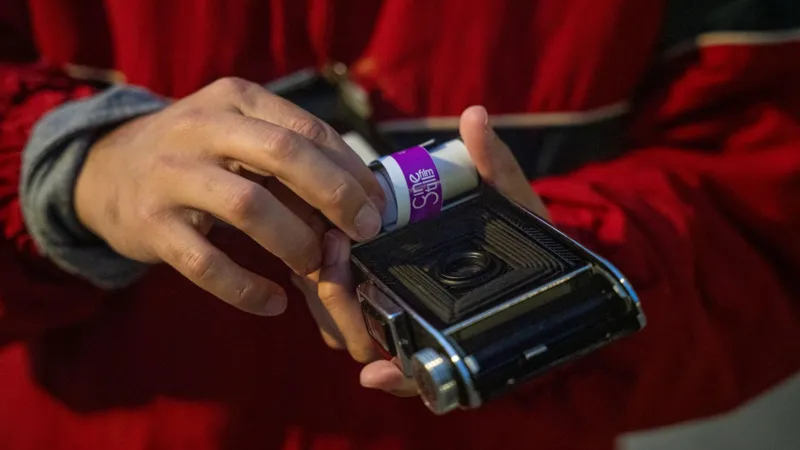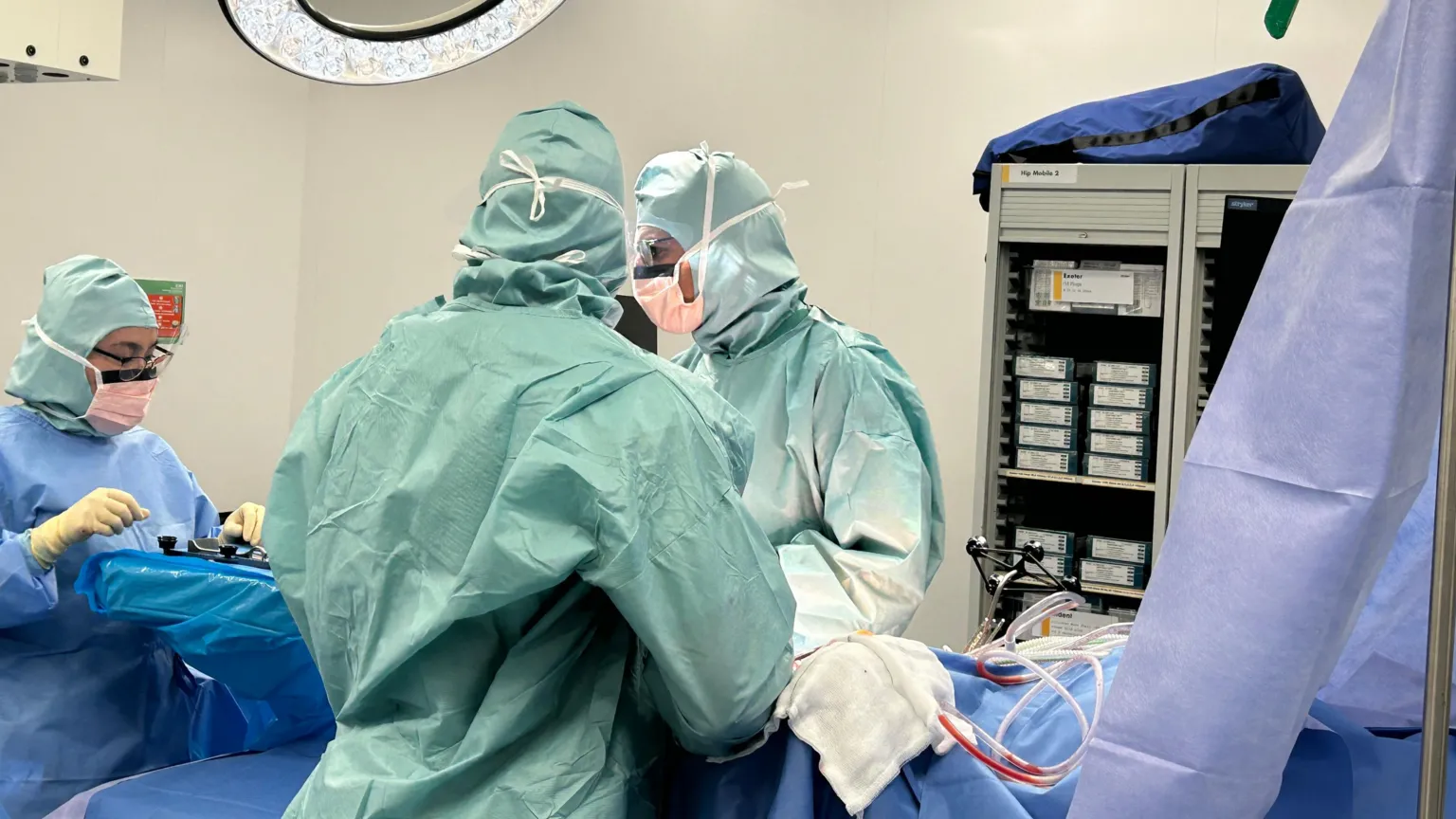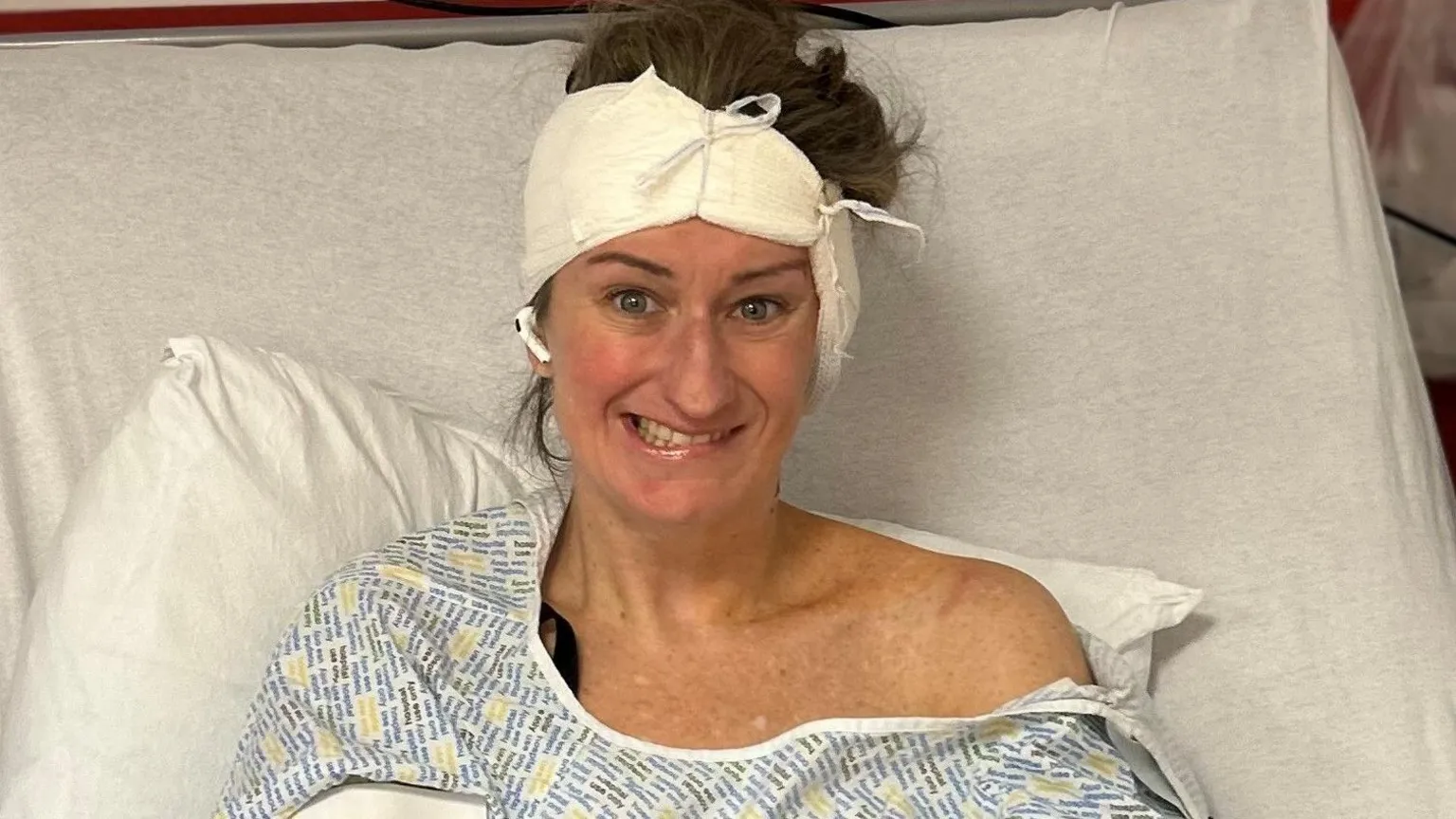Tech
Technology to support adult social care – council

Technology is increasingly being harnessed to support adult social care services in Wolverhampton with 100 referrals made already and a target of 350 by March.
Sensor and voice-activated devices are being used and also fall detectors, smart speakers and doorbells.
The systems are being used in people’s homes to support their individual care needs, Wolverhampton council said.
The mobile network is being used to connect equipment, if broadband is not available, under the scheme funded by the Department for Science, Innovation and Technology.
Councillor Obaida Ahmed, cabinet member for digital and community, said the city was at the forefront of a full fibre and 5G rollout, adding: “This is a great example of how technology can be put to good use helping those who need it most.”
The project is focusing on three care groups – people aged 65 and over, people with learning disabilities and people with physical disabilities.
The council is working with West Midlands 5G and supplier of technology-enabled care, Alcove, while the organisation Rethink Partners will evaluate the work.
One resident, Diane, said the technology was a “blessing”.
She said: “I can go about my day without constantly worrying… It gives me peace of mind, and that is truly priceless.”
Councillor Jasbir Jaspal, adults and wellbeing cabinet member, said: “By enabling people to live independently and stay in their homes longer, assisted living technologies can enhance lives, reduce pressure on social care staff and tackle the rising cost of social care.”
Tech
Nostalgia and passion fuel young couple running old-school photo lab

“It all started as a small passion project,” says Fabriccio Díaz, 28, who, together with his wife Lucía Ramírez, 25, runs the only fully operational photo film development lab in Central America from their apartment in Guatemala City.
“Now we have over 60 clients a month and have developed over 800 rolls just this year,” he adds.
Tech
Hip surgery trial boosted by robot technology

A two year clinical trial to revolutionise hip surgery using a state-of-the-art robotic guidance system has been taking place in Devon.
The research, which is the first of its kind in the world, is being led by The Royal Devon University Healthcare NHS Foundation Trust in Exeter.
The ‘hip surgical techniques to enhance rehabilitation’ (HIPSTER) study aims to improve the experience of people having a total hip replacement to treat severe arthritis by cutting fewer tendons during surgery.
Lead research nurse Lizzy Gordon said the trial could “benefit a lot of people”
Tech
‘My surgeon saved my smile with new hologram technology’

When Susannah Morgan learned that an operation to remove a benign tumour in her neck could leave her with a crooked smile she was “frantic”.
The 45-year-old was advised to have it removed in case it turned cancerous but she was warned the surgery would also leave her with a dent in her neck and possible paralysis.
Desperate to avoid being permanently disfigured, she researched alternatives and discovered a new technique using a hologram which could save her smile.
Last month the mother-of-one, from Edinburgh, became the first person to undergo the pioneering operation in Scotland.
-

 Entertainment6 months ago
Entertainment6 months agoEarthquake scientists are learning warning signs of ‘The Big One.’ When should they tell the public?
-

 International6 months ago
International6 months agoTarar accuses Imran Khan of conspiring with Faiz Hameed to destabilise Pakistan
-

 International4 months ago
International4 months agoPTI Announces Not to Boycott New Committees
-

 Business4 months ago
Business4 months agoMajor Corruption Scandal Uncovered at WASA Multan: Rs1.5 Billion Embezzlement Exposed
-

 Business5 months ago
Business5 months agoThe Impact of QR Codes on Traditional Advertising
-

 Business3 months ago
Business3 months agoHigh Court Blocks MDCAT Merit List Amid Controversy Over Exam Error
-

 Business6 months ago
Business6 months agoThe Benefits and Problems of International Trade in the Context of Global Crisis
-

 Business5 months ago
Business5 months agoFraud by Pakistani Firm Sparks Outrage in Business Community; Concerns Rise Over International Investment






